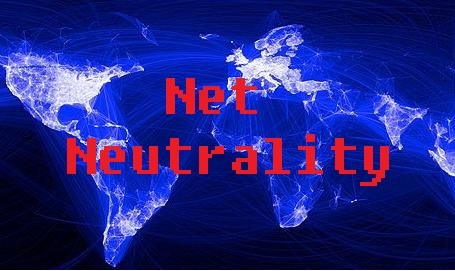The US Federal Communications Commission has voted to overturn rules that force ISPs to treat all data traffic as equal.

Commissioners at the agency voted two-to-one to end a “net neutrality” order enacted in 2015.
The vote is controversial as it means that ISPs could start blocking and throttling some data while letting other packets travel on “fast lanes” because firms have paid more to reach customers quicker.
Ajit Pai, head of the FCC, said the rules demanding an open internet harmed jobs and discouraged investment.
Many Americans and technology firms filed objections to the FCC’s proposal prior to the vote.
In a statement, the FCC said it expected its proposed changes to “substantially benefit consumers and the marketplace”. It added that, before the rules were changed in 2015, they helped to preserve a “flourishing free and open internet for almost 20 years”.
The vote by the FCC commissioners is the first stage in the process of dismantling the net neutrality regulations.
The agency is now inviting public comment on whether it should indeed dismantle the rules. Americans have until mid-August to share their views with the FCC.
This call for comments is likely to attract a huge number of responses. Prior to the vote, more than 1 million statements supporting net neutrality were filed on the FCC site.
Despite this public pledge Comcast, along with Verizon and AT&T, opposed the original 2015 rule change saying it dented their enthusiasm for improving US broadband.
Facebook, and Google’s parent company Alphabet as well as many other net firms have backed the open net rules saying equal access was important for all.
